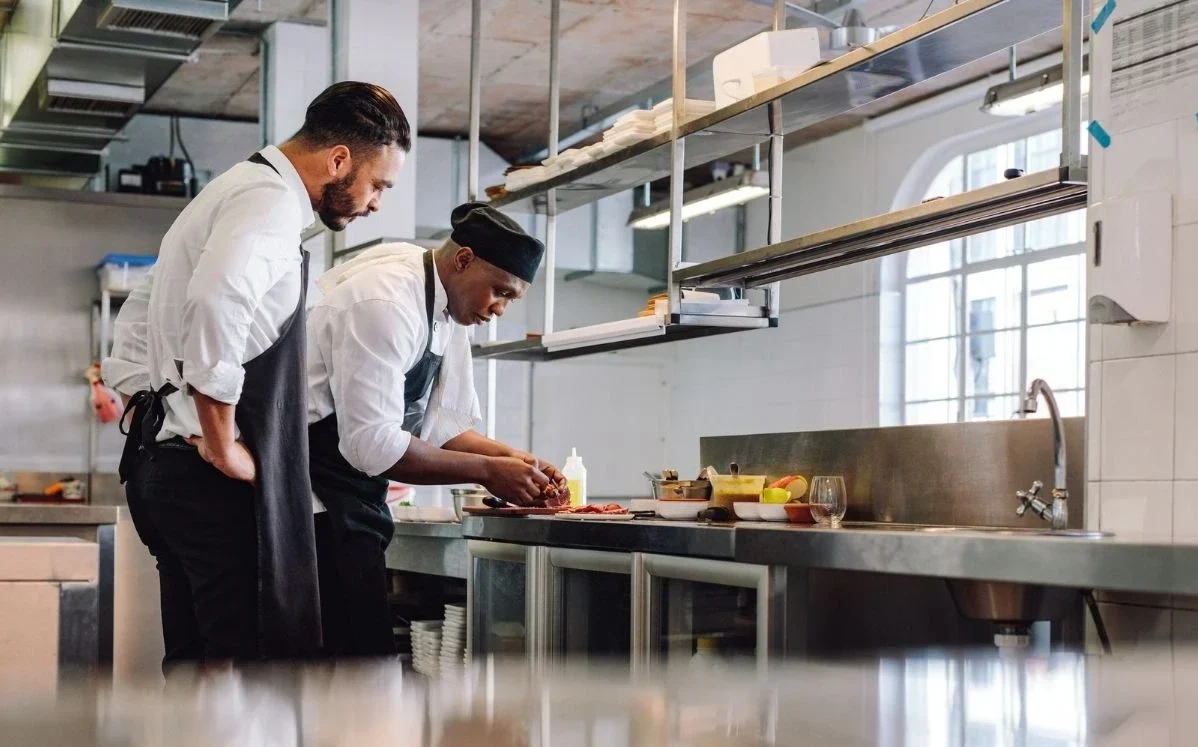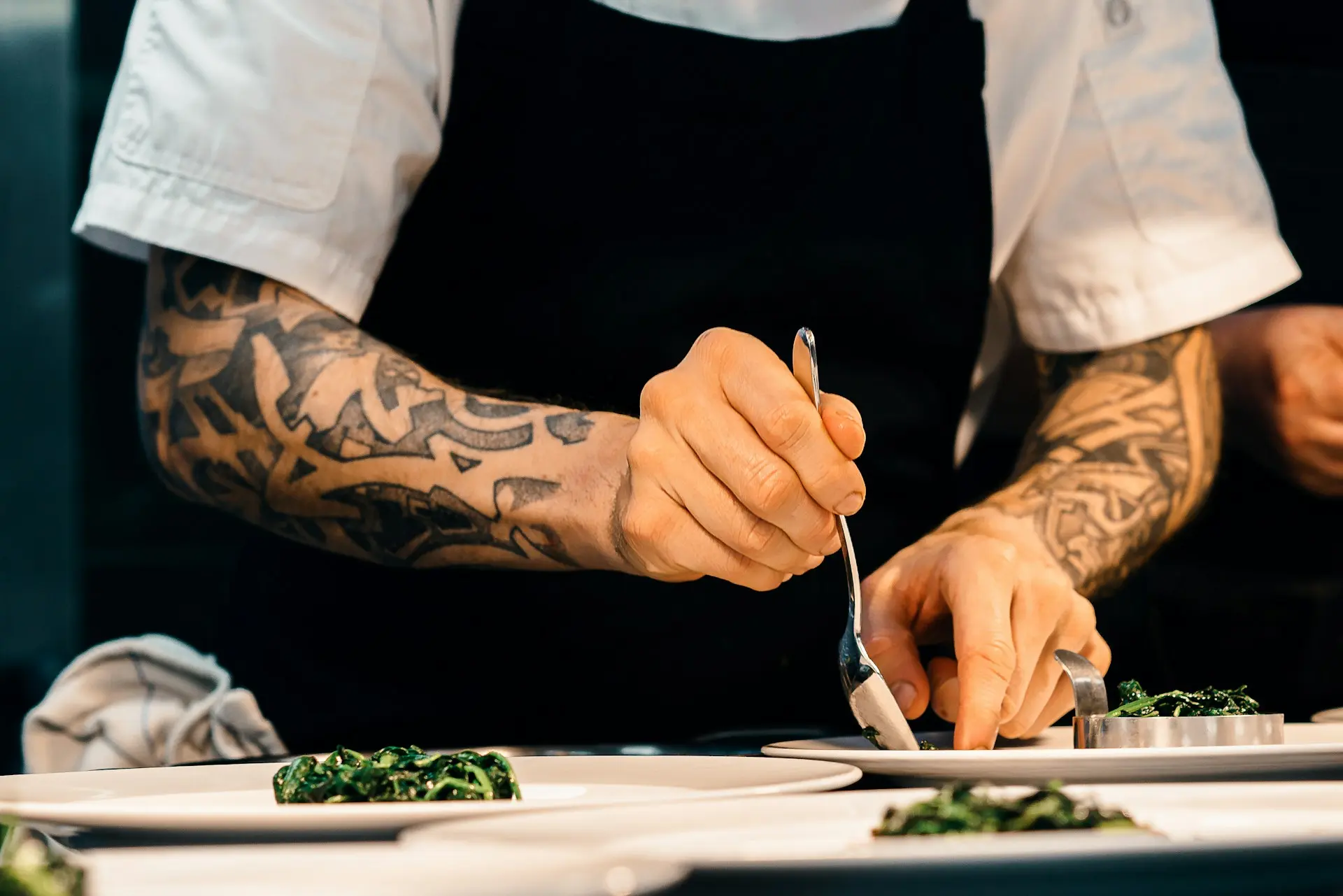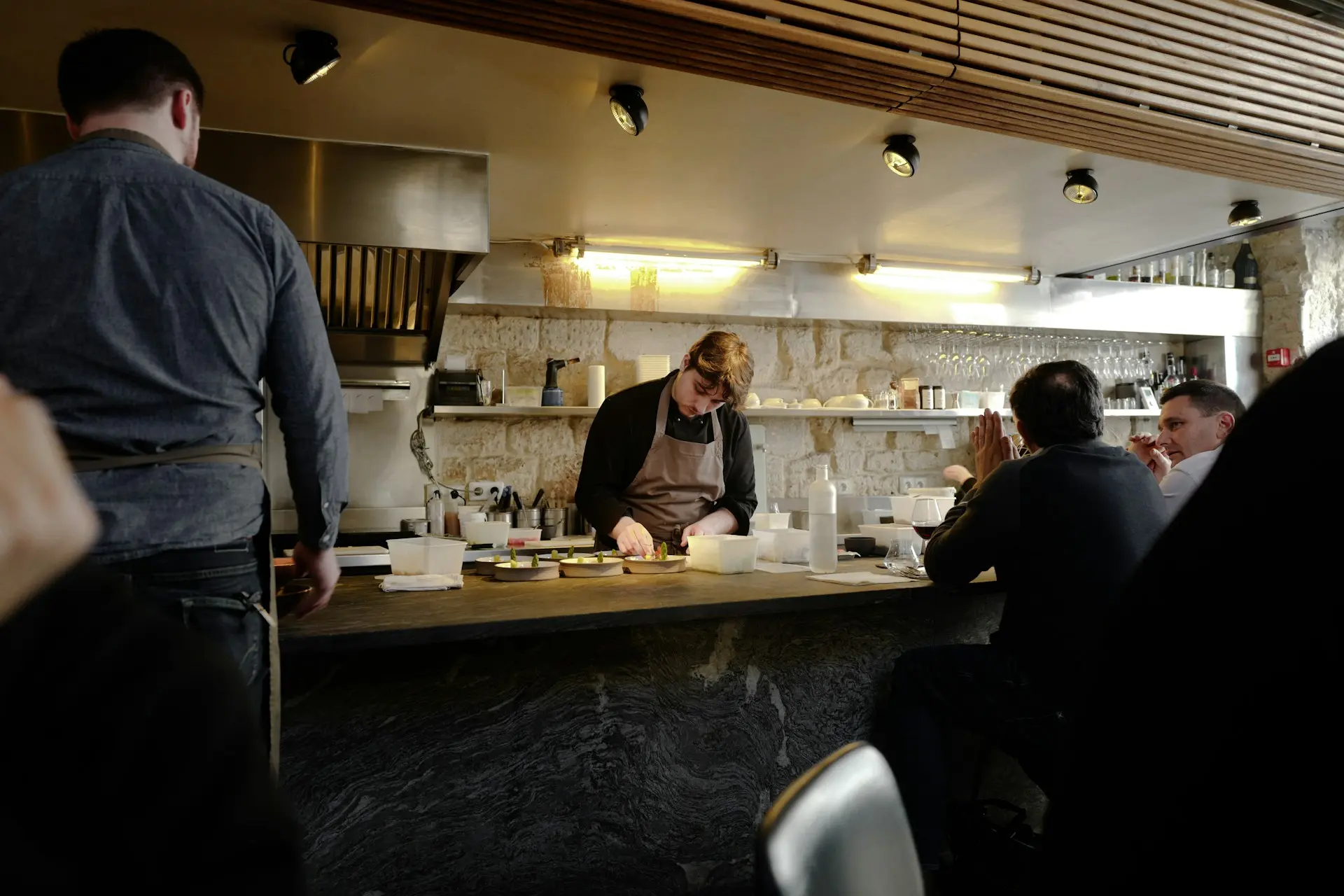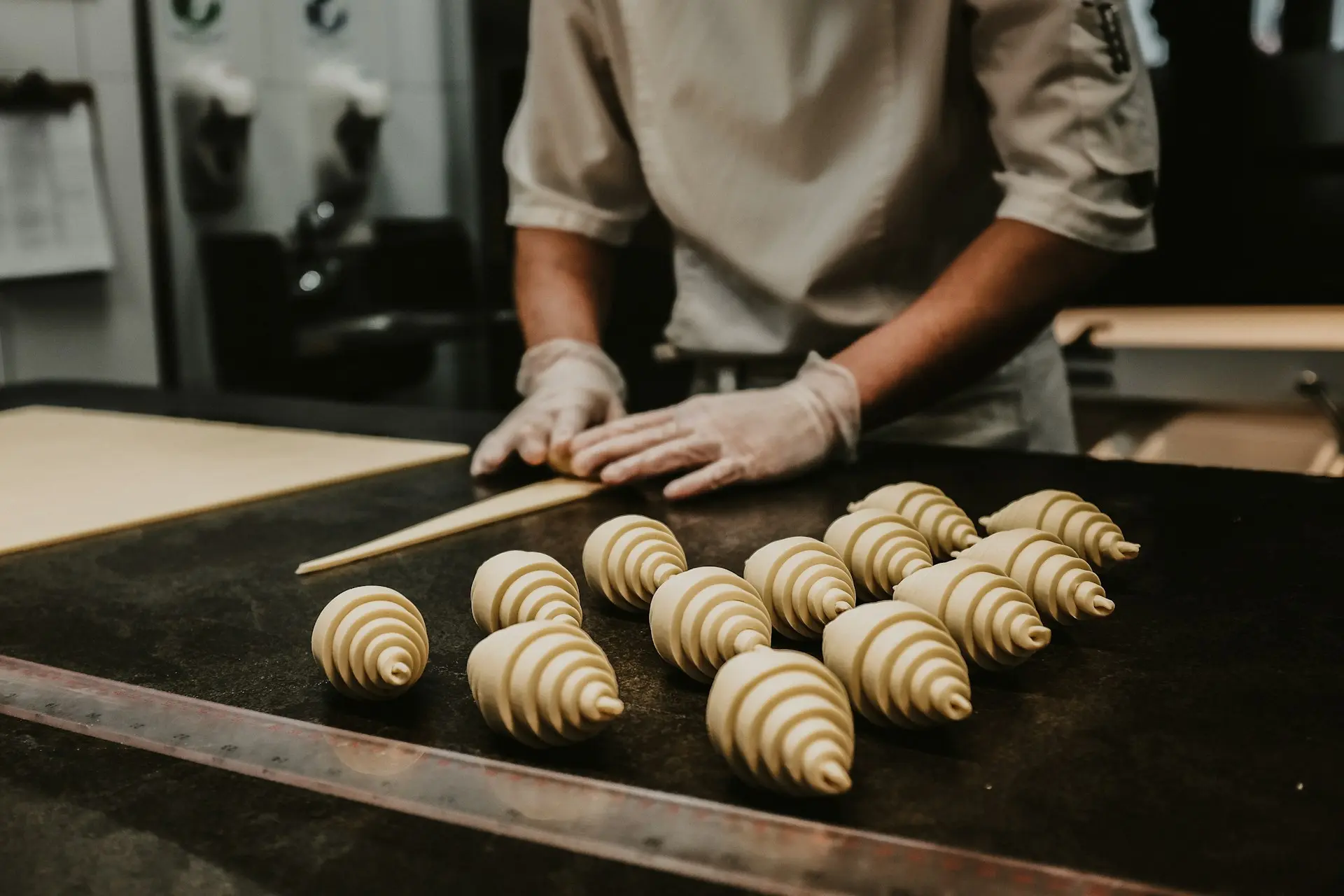

A cook’s salary in Spain can vary significantly depending on experience, workplace, and the conditions set by the hospitality collective agreement. Although there is no fixed figure, the average gross monthly salary for a cook ranges between €1,300 and €1,600, and can be higher in hotels, prestigious restaurants, or tourist areas with high demand. Additionally, this base salary may be supplemented with tips, night shift bonuses, or extra payments, which increase the final compensation.
The average salary of a cook in Spain is usually regulated by the hospitality agreement, which sets minimums based on professional category and working hours. Generally, the annual range is between €16,000 and €20,000 gross, although there are notable differences depending on the type of establishment.
The agreement sets a base salary that guarantees a minimum, but each company may offer additional incentives. In a daily menu restaurant, the monthly salary may be around €1,200, while in fine dining or prestigious hotel chains, the figure can reach €1,800 or more.
When calculating the hourly wage, a cook typically earns between €8 and €12 gross. This amount increases during peak seasons like summer or on holidays, when the corresponding bonus applies. The minimum wage in hospitality also serves as an important reference point.
A typical payslip includes the base salary, prorated extra payments (or paid in June and December), bonuses for overtime, and possible incentives. In net terms, a cook may receive between €1,100 and €1,300, depending on applicable deductions and bonuses.
Salary differences between working in a restaurant and a hotel are significant. In a daily menu restaurant, wages tend to be lower, while in gastronomic or high-end restaurants, salaries increase. In hotels, especially international chains, pay is more competitive: in a 5-star hotel, a cook can earn over €2,000 gross per month. Moreover, in Michelin-starred restaurants, salaries are even higher, reflecting the high level of demand.
Not all cooks earn the same, as salary depends on various factors that directly affect compensation.
Salary progression is linked to experience. A newly hired cook usually earns the minimum set by the agreement, while a station chef or a cook specialized in international cuisine enjoys better conditions. Here, university training in gastronomy plays a key role, as it allows access to higher-responsibility positions with better pay.
Working in cities like Madrid, Barcelona, or tourist destinations such as the Balearic Islands and Canary Islands significantly increases salary due to high demand. Additionally, during peak season, contracts include more hours, which impacts the final salary.
Night shift, holiday, and overtime bonuses are common supplements that increase salary. These factors, along with tips in restaurants, mean that net pay can significantly exceed the base salary stated on the payslip.
When a cook works at private events or one-off services, the hourly rate is usually higher than in a regular contract. In these cases, not only the preparation time is considered, but also product purchasing and service organization.
The final price may increase if the service requires travel, work on split shifts, or on holidays. These additional costs raise the labor cost but ensure fair compensation for special conditions. Moreover, those with postgraduate studies in gastronomy are often better positioned to negotiate higher rates for these specialized services.



Formaciones TOP
Categorías
Artículos más leídos
